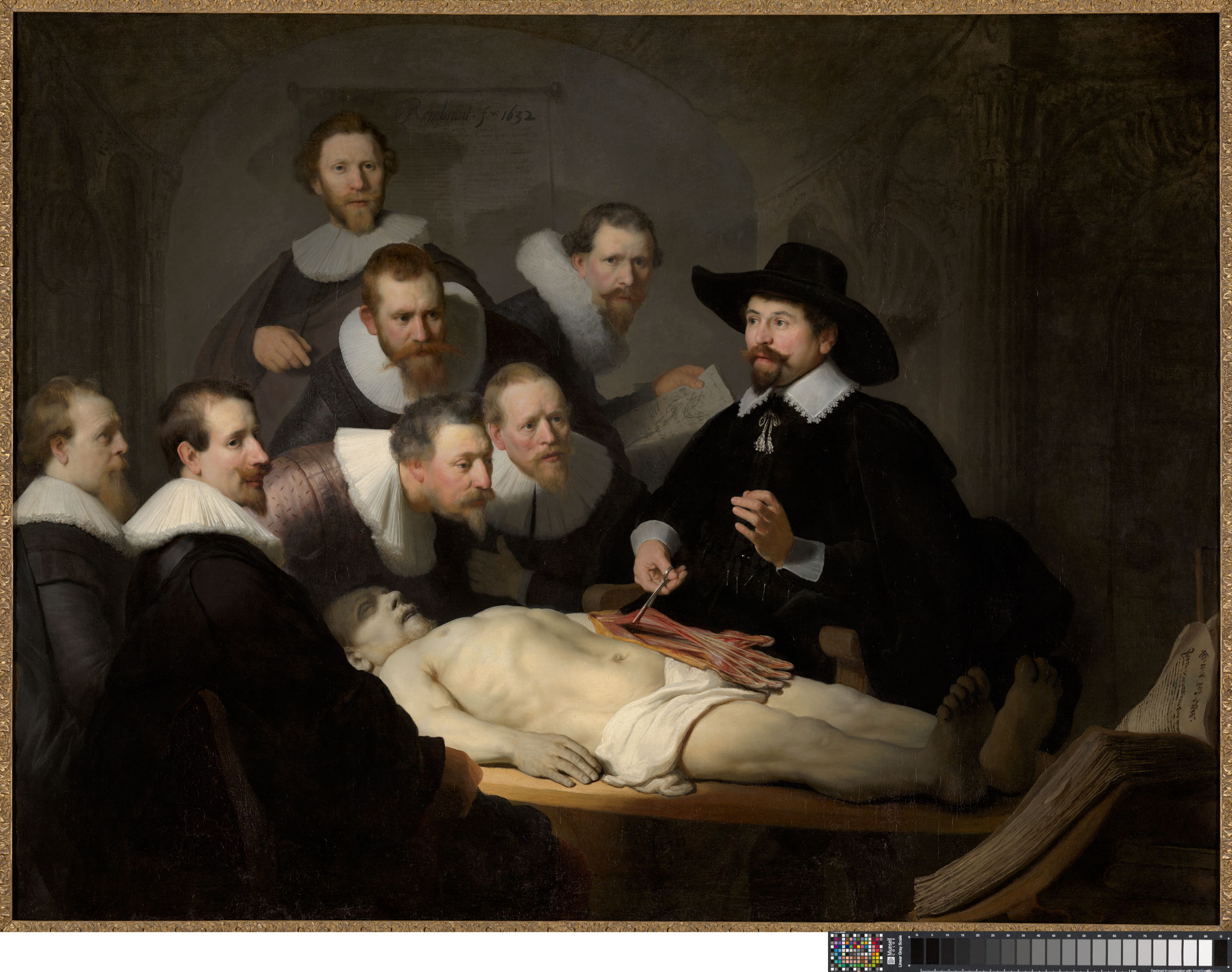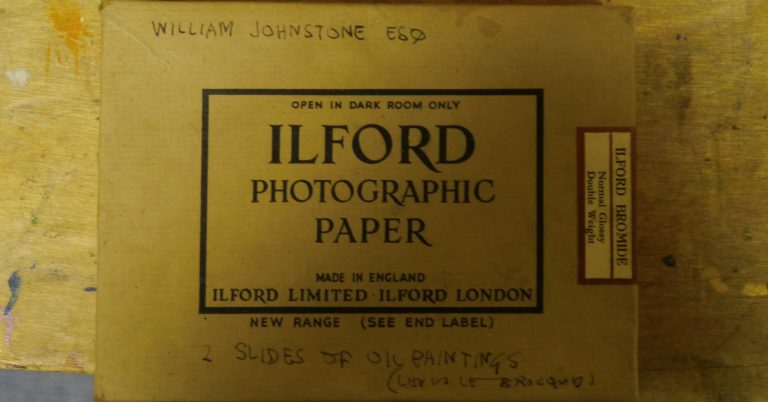
Singing in a choir recently I was lucky enough to experience some intense moments, and less lucky in my attempts to think (again), about ‘moments’, the topic of my inaugural lecture, published in Volume 13.2 of Modernist Cultures. We were singing Elgar’s version of The Dream of Gerontius, John Henry Newman’s 1866 dramatic poem. The climax of the piece is (has to be) the appearance of God, whose momentary glance, judging Gerontius’s soul, is orchestrated by Elgar with extraordinary power. The dynamic marking is fffz p, every instrument is playing, and Elgar adds a note in the score: ‘for one moment must every instrument exert its fullest force’.
The transition between Victorian and modernist culture
First performed in 1900, The Dream… could, and ideally should, make an appearance on any course which considers the transition between Victorian and modernist culture. After all, in 1910, Woolf’s transformative year, 20 years after Newman’s death, the tricky question – ‘Was Newman a modernist?’ – was being asked. This uses the theological sense of the word, but there are intriguing overlaps with cultural modernism, as I’ve shown elsewhere. Elgar, moreover, is far from being just ‘pomp and circumstance’ and has been described as a musical modernist. The Dream of Gerontius can be compared to Schoenberg’s Gurrelieder (begun in the same year), where we can see Wagner’s legacy amongst late Romantics being wrought towards atonality.
The poem is an eschatological fantasy, a sci-fi journey of the soul on its way to Purgatory via the judgement of God. Time and space are warped – ‘I hear no more the busy beat of time…the vast universe is quitting me, or I am quitting it’. The music responds to this sublimity with flexible time signatures, frequent largamentes and accelerandos, and with abrupt silences, ruptures in the fabric of the music, comparable to those ‘huge black pauses’ which for Beckett ‘devoured the sound surface of Beethoven’s Seventh Symphony’. The variation in dynamics (from pppp to fff) evoke expansions and contractions of space. It is also extremely tender.
In Newman’s poem, the description of what happens to the soul moments before the moment of God’s judgement is provided by his guardian angel over ten lines. In four of these there gushes forth a thick stream of adjectives: the soul ‘is seized, and scorch’d, and shrivell’d’, then ‘passive, still’, but also ‘happy, suffering’, and finally, as if that’s not enough, ‘safe, Consumed, yet quicken’d’. God, somewhat resembling Jupiter’s appearance to Semele as a lightning bolt which burns her up, doesn’t have any words. Gerontius’s soul appreciates it’s a fair cop, and gives himself up for a period in Purgatory: ‘Take me away…’.
The problem of representing God
Elgar cuts the angel’s words down to two lines and delays the actual moment of the glance which is now taken up by the music, which, at least for a composer, is a higher form of language. The orchestra climbs solemnly upwards for about half a minute, accelerates, and then teeters on the brink for a silent instant before producing an ‘explosive and shattering’ chord, in which the sound of a beaten gong stands out. But who can tell which of these is the glance itself: the silence or the chord? Or the instant between them? In any case the music is an elaborate construction, and all the resources of an orchestra have been thrown at the problem of representing God. It is as if high romanticism can go no further. And as if, in a state of exhaustion, modernism will for a period recoil from the effort. For the more sceptical Joyce and Stephen Dedalus, God embodies a very different kind of moment, unexpected, unrehearsed, a different kind of threat: ‘A shout in the street’.
Finn Fordham is a professor of 20th century literature at Royal Holloway.
His Modernist Cultures article, “The Anatomy of Moments” reflects on how aesthetic moments of revelation – intense, sensual, internal, and individual –are so key to modernist culture. It is a way, first, of providing an idea of his current research project, which in part explores responses to a particular historical moment; and, second, of conjuring questions about how we experience and think about ‘moments’ generally, in particular intense sensual transformative personal moments, the kind often associated with modernism.





